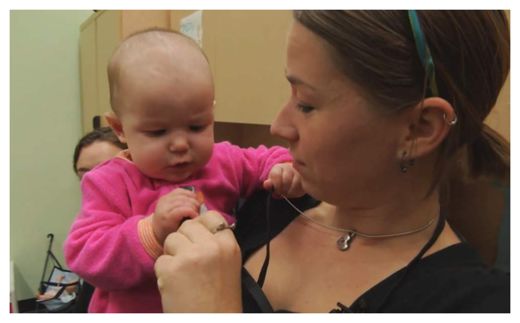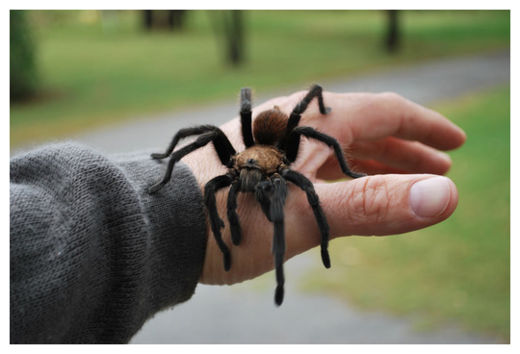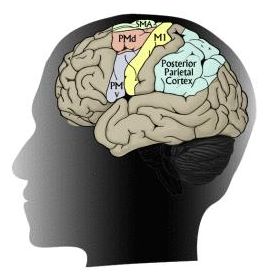
The study results, detailed this week online in the open-access journal PLoS ONE, provide evidence for an idea about baby cognition that makes intuitive sense, said lead study author Celeste Kidd, a doctoral candidate in brain and cognitive sciences at the University of Rochester.
The thinking goes that babies organize their search for information in the world in a way that makes the most sense for efficient learning.
If a baby looks at something and it seems too simple, suggesting there's not much learning value, he or she won't pay attention to that situation or object, Kidd told LiveScience during a phone interview.
The same seems to play out for stuff that's too complex, which would seemingly hold a trove of learning potential, but which is actually not an efficient use of their brain time.










